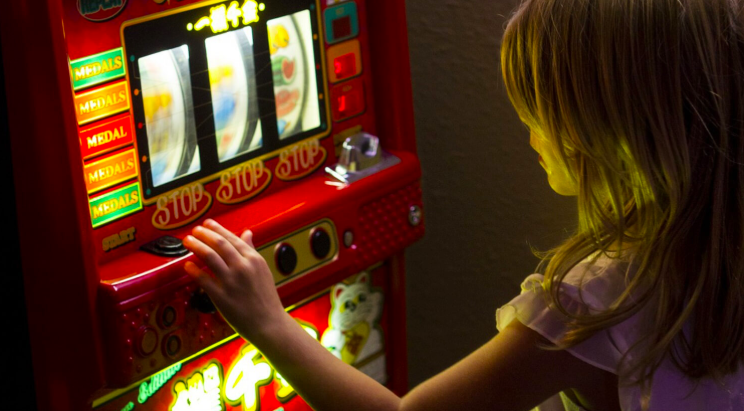Loot Boxes – a new era of virtual gambling

We all remember those big chunky machines where we’d insert a coin and start our favorite games, most of which contained some sort of gambling.
Slots were one of the most popular games that actually transcended several platforms: first, they were inside those big machines; even after the heavy strike from mobile applications, they still maintained their place in the virtual world. Users loved to play those games even if they weren’t necessarily gambling.
Sizzling Hot is just another example of how fun and entertaining those games could actually be. The game is based on a traditional fruit theme and thus, its symbols contain 7 different types of fruit. Plus, it offers some pretty entertaining gambling conditions, which would easily satisfy an average customer. And probably the most important part of it is: you know what’s at stake. You put your money to win (or lose) the money, not some hypothetical products or services.
Changing Environment
However, recent trends indicate that the new generation increasingly gravitates towards action-packed games that offer unconventional gambling possibilities.
Games, such as CS: Go, PUBG, Dota, etc., offer users various loot boxes at different price levels. Those boxes contain skin packs, clothes, guns, attachments, and so on, which you can buy at a certain price. But the thing is, you don’t know what you’ll find in that box. You may be paying a large sum of money just to find that you’ve won goggles or a backflip emote for your PUBG avatar.
Another thing to keep in mind is that many players take gambling even further by adding their own prices to the loots. So, you might get a pretty decent loot at a reasonable price and then sell it for a higher price.
This trend has got so popular that several governments had to actually consider banning it. For example, recently the UK MPs started reviewing concerns about this issue and promised to take action against it. Several committees of the UK government heard stories of young adults about their addiction and debt problems related to the loot boxes and in-game spending.
This case is also noteworthy in terms of how the major industry players respond to the issue. The MPs found out that many of those actors were actually reluctant to intervene and create boundaries in terms of how much or how often a user could spend their money.
According to some MP members, social media platforms and game makers are participating in a “race” for attracting as many users as possible, which in turn implies rising in-game spending and gambling, likewise.
It’s important to note that in September 2018, members of the gambling commissions from fifteen European countries – including the UK – stated that they were paying close attention to this issue and were hard-pressed by its urgency. They announced a collaborative effort to tackle increasingly blurring boundaries between gaming and gambling.
What the future holds
Gambling has always been one of the most entertaining activities for human beings. From Gladiator bettings in ancient Rome to the most recent loot box trades, we’ve always found different ways of playing with our money.
Similarly, governments have also been closely inspecting this industry and keeping it under check. Government officials had this mindset that without their control these gambling companies would easily rob their customers, while the latter would happily spend their whole fortune on their favorite games.
Recent developments in online gaming and in-game spending gave a vigorous incentive to the regulative actors to update their legal frameworks and keep pace with changing conditions in the gambling industry.
- Previous article
- Next article
- Loot Boxes – a new era of virtual gambling
- Loot Boxes – a new era of virtual gambling